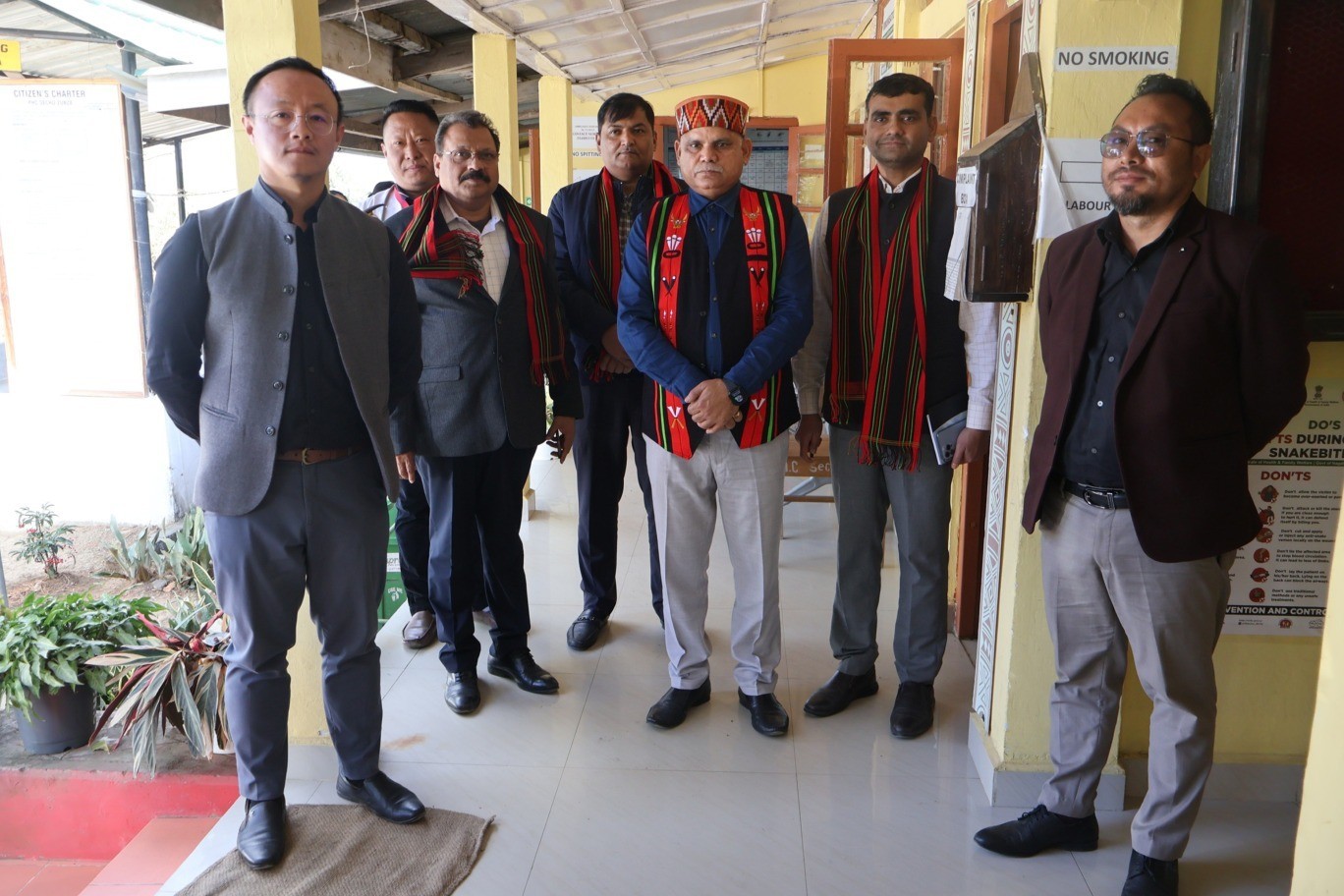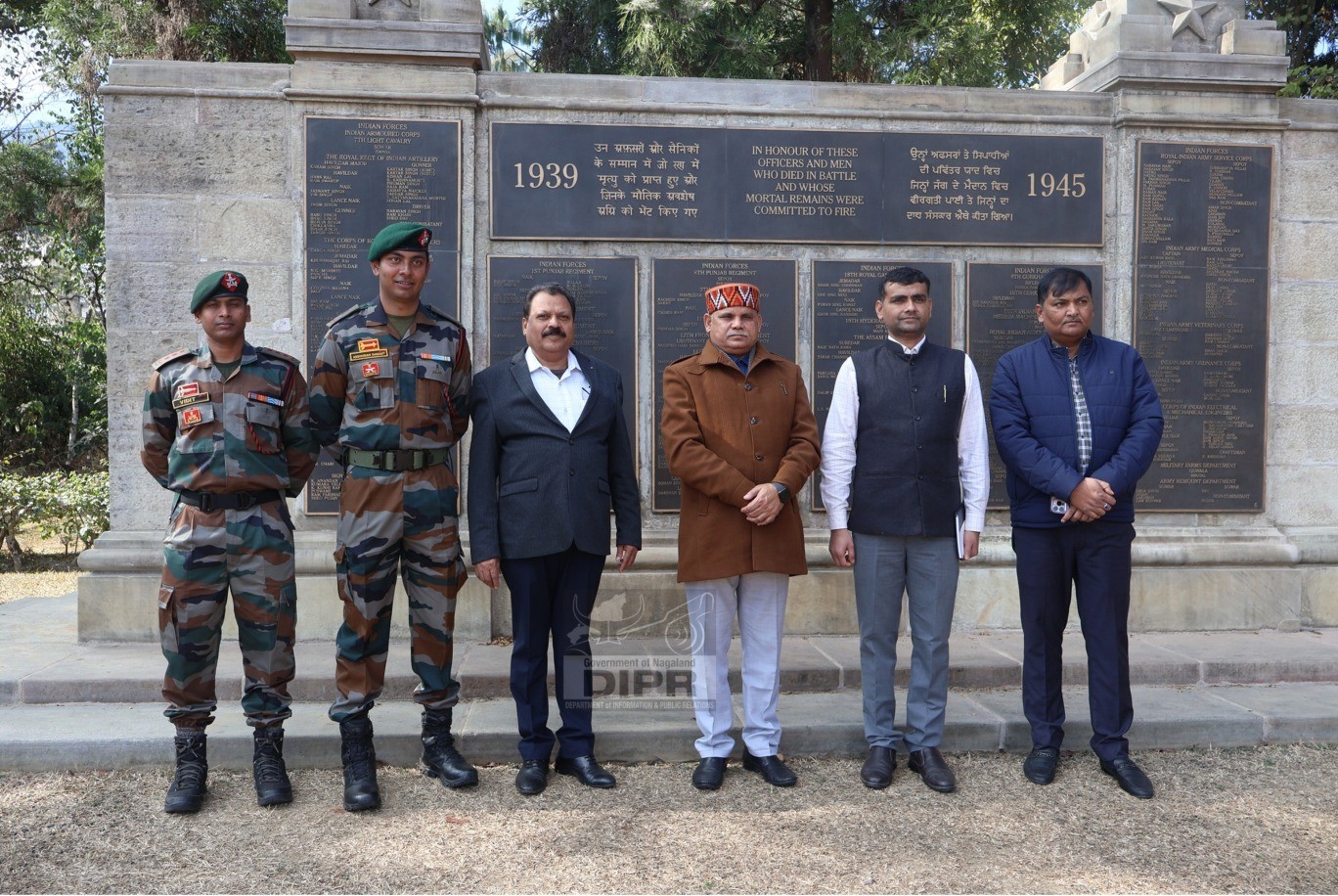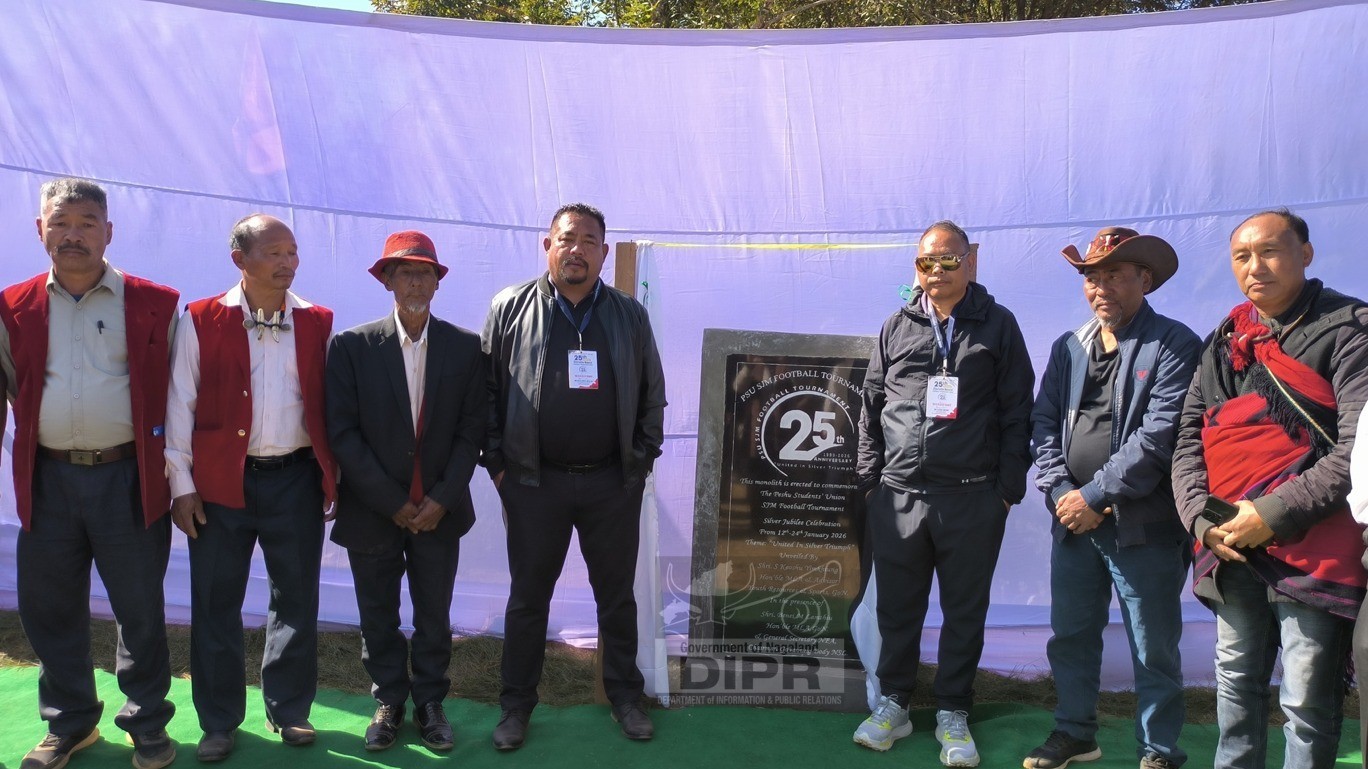World Water Day, organized by the Department of PHE, was celebrated under the theme “Valuing Water” on 22nd march 2021 at DC’s Conference Hall, Kohima
Delivering a keynote address, Executive Engineer, PHED, R Kohima Division Er. Supongyanger stated that the World Water Day is observed on 22nd March annually which focuses to raise awareness on the global water crisis, adding that people and organisations mark World Water Day every year by taking action to tackle water crisis in different ways. He informed that this year’s world water day would focus on the theme “Valuing Water” to extend target beyond the concerns of cost to include the environmental and socio-cultural value placed on water resources and about what water means to people, its value and how one can protect this essential life resources. He urged the citizens to dedicate themselves by practicing ways to conserved water in our daily routine by following some important and easy ways to conserve water such as, keeping the tap closed when not in use and not to ignore any water leaks which would lead to drain out huge amount of water, practicing rainwater harvesting and take it up as a culture, find ways on how to recharge ground water, protect water resources and find ways on how to conserve water pre-monsoon and post-monsoon
DC Kohima, Gregory Thejawelie exhorted the participants that water is connected to every form of life on earth and is a basic human need where everyone needs access to safe water. He urged the Department of PHE to create awareness on rain water harvesting particularly for a place like Kohima, where water crisis occurs especially during the dry season and requested the Department to ensure safe drinking water to the citizens.
Emphasizing on the Safe Drinking Water, Chemist, DWSM, PHED Kohima Division, Dziesetseinuo Kiso said that safe drinking water is defined as the water that does not represent any significant risk to health over a life time of consumption. She stated that safe water should ideally be clear with no smell, free from pathogens, not salty and free from chemicals. She added that in most parts of the African and Asian and advancing country like India, safe drinking water was not readily available, particularly in rural areas, one reason safe drinking water is of paramount concerned is that 75% of all diseases in developing countries arises from polluted drinking water, contaminated water not only has the potential to pose immediate threat to human, but also can effect an individual productive rate. She mentioned that according to WHO report, an estimate 1.1 billion people in the world drink unsafe water, approximately 3.1% of the global annual death (1.7 million) and 3.7% (54.2% million) of the annual burden are caused by the use of unsafe water and lack of basic sanitation and hygiene.
(Akamla, IA Kohima)




